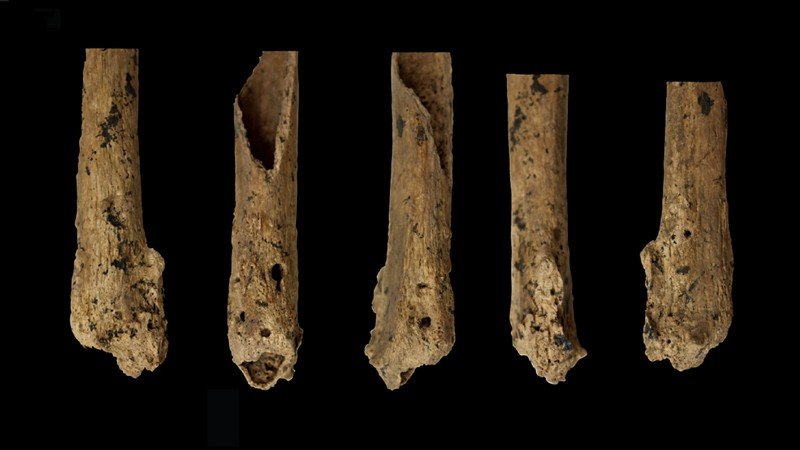US mid-term elections: 3 ways science is on the line
Researchers project changes ahead for federal science if Republicans take control of either chamber of Congress.
Families on three continents inherited their epilepsy from a single person
A genetic variant connected to a rare form of inherited epilepsy arose in an individual who lived some 800 years ago.
The first Indigenous female surgeon in Canada is battling for health justice
Nadine Caron was appalled to hear racist views about Indigenous health from a project adviser. So she’s fighting to change perceptions.
COVID derailed polar research projects. Here’s how students have coped
Disruption from the pandemic forced graduate students to find innovative workarounds — and some changes might stick.
Faster MRI scan captures brain activity in mice
Improved technique could provide fine-scale insights into how brain regions communicate.
Ancient Greenlanders hunted huge whales — and little reindeer
Genomic analysis hints that the island’s early residents had the technology and know-how to catch some of the biggest animals on Earth.
Hydrogen could help China’s heavy industry to get greener
Providing the clean fuel to manufacturing plants would be a cost-effective way to tackle the country’s climate goals.
Turning the tides for western pond turtles
Humans caused the decline of the western pond turtle, the West Coast’s only native freshwater turtle. Now, the San Francisco Zoo is raising hatchlings to reintroduce into the wild.
Alzheimer’s drug slows mental decline in trial — but is it a breakthrough?
Researchers are cautiously optimistic following companies’ announcement of positive results for lecanemab.
The ‘Asian water tower’ is brimming — with glacial melt water
Groundwater stores on the Tibetan plateau have risen recently, but the bad news is that thawing snow and ice are the source.
Monkeypox: how universities are preventing outbreaks on campus
Having learnt lessons from COVID-19, university officials worldwide are prioritizing testing and keeping students informed about risks.
Prehistoric child’s amputation is oldest surgery of its kind
Skeleton missing lower left leg and dated to 31,000 years ago provides the earliest known evidence for surgical limb removal.
Genomics solves the mystery of a medieval mass burial
Analysis identifies the remains in an English well as those of medieval Jews, who were probably the victims of an antisemitic massacre.
Dogs cry with gladness when greeting their humans
Canines’ weeping makes them the first non-human animal known to shed happy tears.
Mount Everest’s harsh heights shelter a rich array of life
Scraps of DNA show that living things of all kinds thrive in the thin air above 4,000 metres.
How much virus does a person with COVID exhale? New research has answers
One ‘superspreader’ with Omicron shed 1,000 times as much viral RNA as those with Alpha or Delta.
Climate change is making hundreds of diseases much worse
Heatwaves, droughts, floods and storms push up the number of cases, make diseases more severe and hamper people’s ability to cope.
Scientists have unearthed what could be the world’s oldest ice core
Antarctic sample dated at 3–5 million years old extracted as international ice-drilling teams race to extend Earth’s climate record.

















